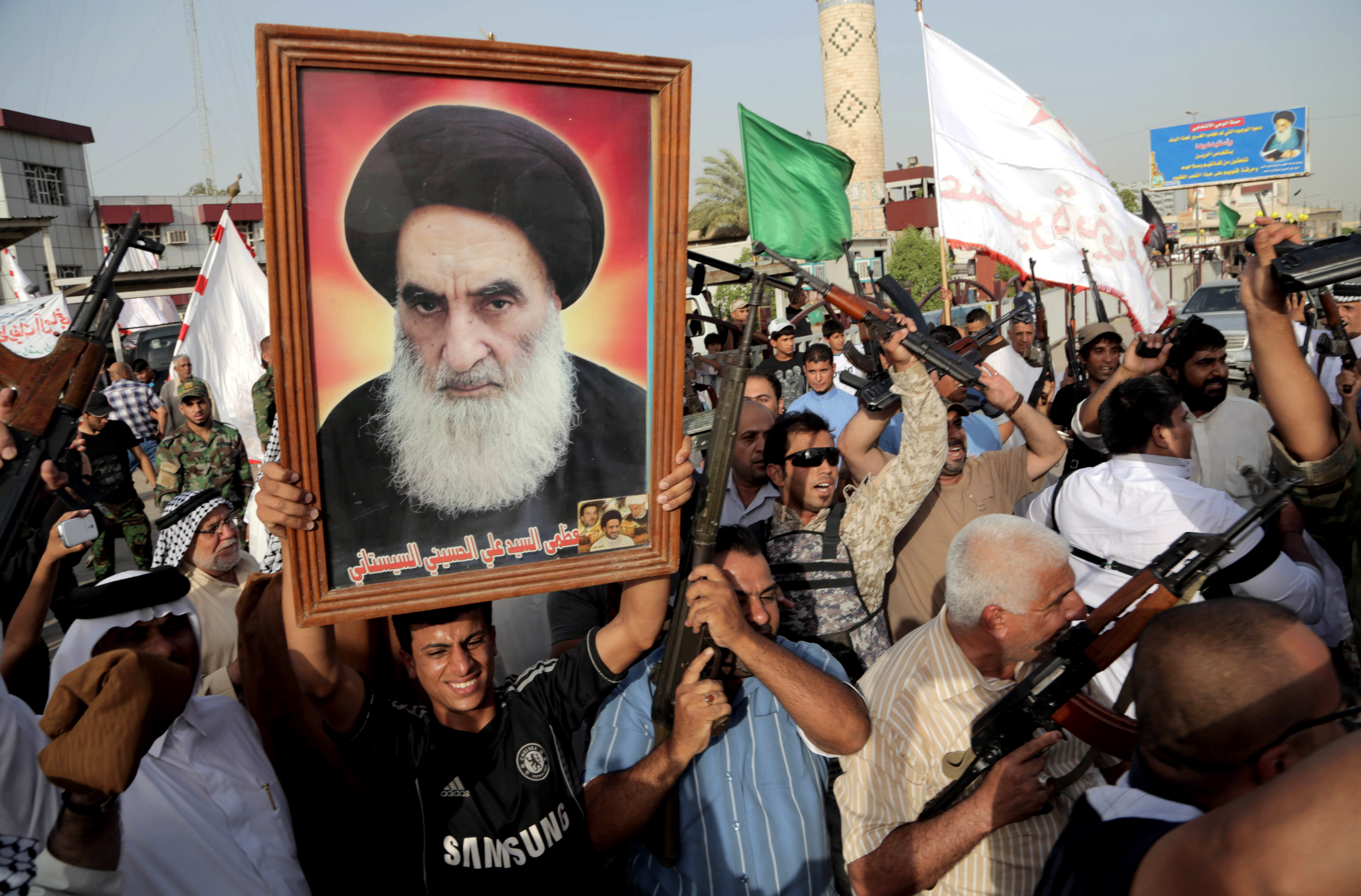Najaf is far from Baghdad's palaces and the battlefields of northern Iraq. Its mud-brick houses, dirt alleys and concrete office blocks project little in the way of strength or sway. But it is here, where Iraq's most influential clerics work from modest buildings in the shadow of a golden-domed shrine, that the country's future is being shaped.
Over his past three Friday sermons, Iraq's top cleric, Grand Ayatollah Ali al-Sistani, an ascetic 83-year-old of almost mythological stature to millions of followers in Iraq and beyond, has seized his most active role in politics in a decade.
From his spartan office in the holy city of Najaf, down an alleyway protected by armed guards, al-Sistani has asserted his dominance over public affairs, demanding politicians choose a new government without delay and potentially hastening the end of Prime Minister Nouri al-Maliki's eight-year tenure.


















With your current subscription plan you can comment on stories. However, before writing your first comment, please create a display name in the Profile section of your subscriber account page.